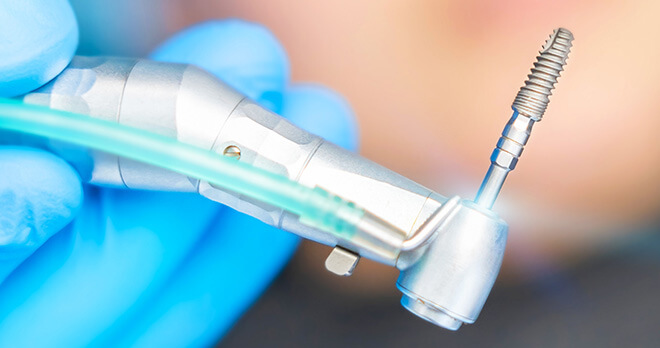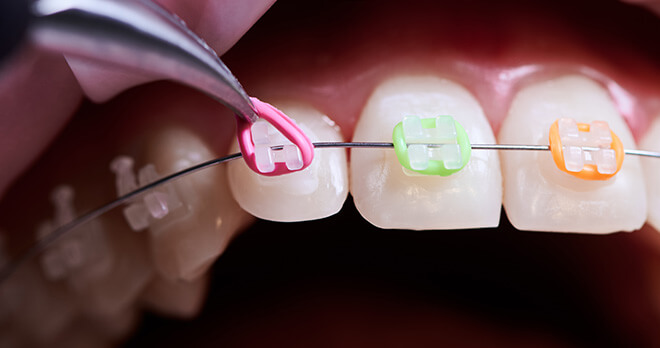Are fillings really the best treatment for tooth decay?
It was recently reported in the Guardian that Scientists have developed a new pain-free filling that allows cavities to be repaired without drilling or injections.
This new treatment is known as, “Electrically Accelerated and Enhanced Remineralisation” (EAER), and it is suggested that it could be available within three years.
What is EAER?
EAER is a tooth-rebuilding technique developed at King’s College London, which encourages teeth to repair themselves by accelerating the natural movement of calcium and phosphate minerals into the damaged tooth.
A two-step process first prepares the damaged area of enamel, and subsequently uses a tiny electric current to push minerals into the repair site.
Currently, tooth decay is normally removed by drilling, after which the cavity is filled with a material such as amalgam or composite resin. The trouble with this treatment is that fillings do not last forever and need to be replaced. This leads to a weaker tooth which ultimately may need to be extracted.
As Professor Nigel Pitts from King’s College London’s Dental Institute stated: “The way we treat teeth today is not ideal. When we repair a tooth by putting in a filling, that tooth enters a cycle of drilling and refilling as, ultimately, each ‘repair’ fails…Not only is our device kinder to the patient and better for their teeth, but it’s expected to be at least as cost-effective as current dental treatments…”
Difficulties in the diagnosis and treatment of tooth decay
Unless and until EAER becomes more widely available, tooth decay continues to be treated by drilling and filling.
Unfortunately, it is our experience that dental decay, which is caused by plaque acids that gradually dissolve away the enamel and dentine of the tooth, can often be missed altogether, which can lead to the loss of the tooth.
If tooth decay is to be treated effectively, it is important that it is detected early and treated appropriately.
In the early stages of dental decay, there may not be any obvious symptoms. It is therefore the responsibility of your dentist to diagnose decay in its early stages, when they examine or x-ray your teeth. Small cavities are much easier to treat than advanced decay.
Once decay has been diagnosed, providing it is not too serious, the decay can be removed and the tooth restored with a filling. However, if the decay has gone undetected for too long, and as a result the tooth is so badly decayed that it cannot be restored, the dentist may have to take the tooth out.
It is of course extremely important that you visit your dentist regularly so any decay can be diagnosed and treated as quickly as possible. Ultimately it is the responsibility of the patient to ensure that he/she attends regular appointments to prevent decay being missed.
Got a question?
You can call the team on 0800 923 2080 or message them to understand more about you potential compensation claim for dental negligence. We will get back to you at a time that is convenient to you.
Common claim types
Insights and opinions
View more articles related to Cosmetic dentistry, Crowns and bridges, Dental implants, Dental nerve damage, Extractions, Gum disease, Information, Mouth cancer, Orthodontics, Root canal treatment, Tooth decay and Wisdom teeth










